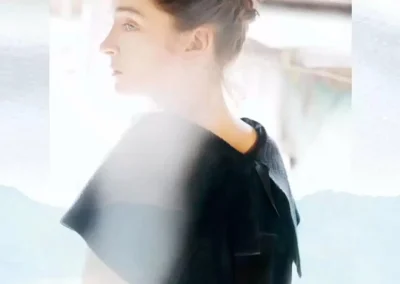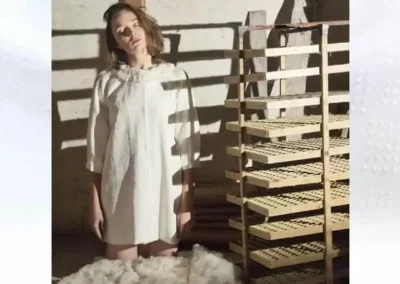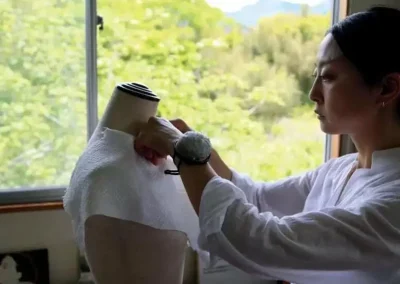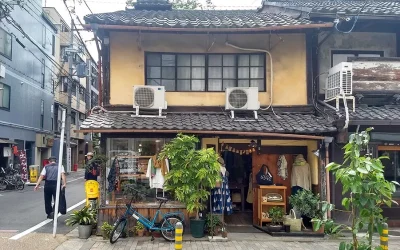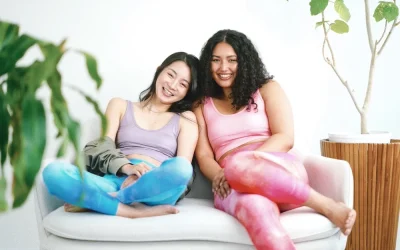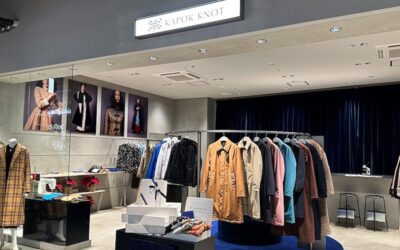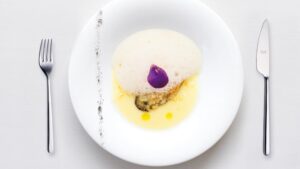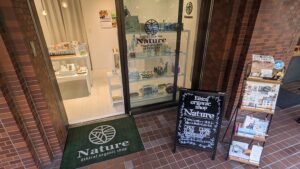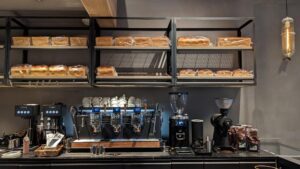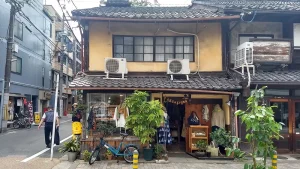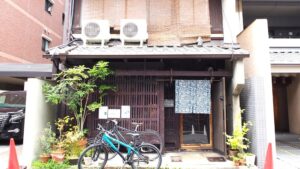WHAT WE LIKE
- Reviving Japanese silk craftsmanship in Chichibu, Saitama.
- Promotion of ethical awareness through Chichibu’s silk.
- Understands the connection between nature and fashion.


SOC 3★: Contributes to revival of local silk industry
ENV 1★: Ethical fashion with eco-friendly materials
(About Sustainability Impact score)
Apparel brand REINA IBUKA with the charms of silk from Chichibu
Silk history is closely related to the Japanese, dating back to more than 2000 years ago when sericulture (the rearing of silkworms to produce silk) and weaving techniques were introduced to Japan during the Yayoi period. Japan then became famous as one of the world’s leading producers of raw silk in the Meiji Era.
However, Japanese silk is facing peril in recent years. According to the Ministry of Agriculture, Forestry and Fisheries, the aging of sericulture farmers and the lack of successors are affecting the industry. The number of sericulture farmers and the amount of cocoon production in 2018 have decreased to about 30% from 2008. At the same time, the production volume of raw silk has reduced significantly, and the share of domestically produced raw silk is currently estimated at 0.2%.
As such, the silk industry is rapidly declining. But there is a region exploring its sustainability through a consistent approach to manufacturing, from materials to textiles and manufactured fashion items. That is Chichibu in Saitama Prefecture, which has more than 1,000 years of history in sericulture and silk weaving.
Chichibu Meisen is a silk fabric designated as a Traditional Crafts of Japan in 2013. Stencil-dyeing the threads, a technique called “Hogushi-nasen” in which the front and back are dyed in the same way, characterizes a fabric with no front and back. Also, some have a shining effect, like a jewel beetle, where the color appears different depending on the angle. It was popular nationwide from the Taisho to the early Showa era for over 100 years among women as a casual and fashionable outfit.
Chichibu is originally surrounded by mountains and was not suitable for rice cultivation, so the sericulture industry thrived. For example, non-standard cocoons were used to produce farm clothing (Noragi) called Futori. That is the “Chichibu Futori” that Ibuka uses for her creation.
This weaving technique was once discontinued due to a lack of successors, but was revived and inherited several years ago. Chichibu Futori’s brand “Magnetic Pole,” which is currently used at “REINA IBUKA,” weaves silk textiles from 100% Chichibu cocoons. A non-twisted thread, the characteristics of Chichibu Futori, creates the charm of the material’s original texture, water absorption, and strength as a fabric.
It is extremely rare that everything from materials to textiles and design is all done in the same region. In general, the entire process, such as materials and manufacturing, is subdivided in the apparel industry. Therefore the division of labor system makes it difficult to grasp the complete picture of the production background.
On the other hand, Chichibu’s initiatives display transparency of the production background from the beginning to the end of manufacturing. Chichibu’s efforts will foster a perspective that captures the entire flow of production, and should provide an excellent hint for sustainable manufacturing in the future.
Excerpt from article on Zenbird Media.
Details
(updated 24 October)
| Brand Name | REINA IBUKA |
| Genre | Ladies |
| Website | Homepage (JA) – Online Store |
| Address | Online |
| Google Map | Online |
| Opening Hours | Online |
| Instagram Account | Instagram URL |
| Facebook Account | Facebook URL |
| Twitter Account | – |
| YouTube Channel | YouTube Channel |

